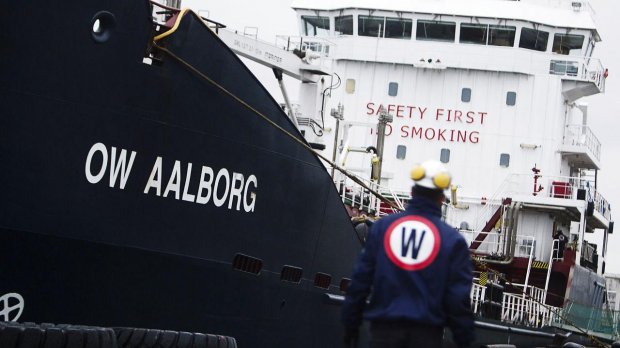The UK Supreme Court has on Wednesday ruled in favour of bankrupt OW Bunker in a case named Res Cogitans, and dismissed an appeal by a shipowner to not pay for the bunker fuel received.
The court upheld that the contract between the shipowner and OW Bunker was not a contract for the sale of goods, but simply a contract which entitled the shipowner to use the bunkers, with a corresponding obligation to pay for the product.
The Sale of Goods Act 1979 therefore does not apply to this type of contract, according to the court.
Law firm Clyde & Co commented: “On face value this means that OW’s failure to transfer title in the bunkers or pay its supplier for the bunkers did not release owners from their obligation to pay OW.”
It also essentially means that shipowners who have entered into contracts to buy bunkers from other physical fuel suppliers through OW Bunker (as a third party intermediary) have to still pay OW Bunker upon the company’s insolvency.
The Res Cogitans case, however, has yet to address whether the direct physical fuel suppliers have the right to claim payment from the shipowners, resulting in potentially double payment to be made by fuel buyer.
Court documents showed that the Res Cogitans case involved shipowners PST Energy 7 Shipping and Product Shipping and Trading as the owners and managers of the vessel named Res Cogitans, which was supplied with bunkers from OW Bunker Malta.
The shipowner and manager did not have to pay for the product for 60 days as part of an extension of credit which is a usual practice in the bunkering industry, and the bunkers can be used from the moment of delivery. This also means that under the eyes of the law, the ‘property’ or the fuel is not actually passed on to the shipowner until payment is made.
OW Bunker Malta acquired the bunker fuel from its parent firm OW Bunker & Trading, which in turn obtained the fuel from Rosneft Marines (UK), which again in turn obtained from RN-Bunker.
The shipowner had consumed all the bunkers in the vessel and had yet to make payment to OW Bunker Malta, which did not pay its parent company, which in turn did not pay Rosneft Marines (UK). Rosneft Marine (UK) however has paid RN-Bunker and demanded payment from the shipowner.
The shipowner then lost an arbitration proceeding which ruled that they remained liable to pay OW Bunker Malta, and has to defend against paying Rosneft Marine (UK) again for the same bunker parcel.
The UK Defence Club, in response to the court ruling, said the outcome of the judgement was “disappointing”.
“The UK Supreme Court has handed down its decision in the case of the Res Cogitans which involved a member facing competing demands for the payment of bunkers following the demise of the OW Bunker Group of companies,” the club stated.
“Although a disappointing outcome, the UK Defence Club, which has supported its member throughout this case, has been committed to resolving this extremely important point for this member and for the industry generally.
“Given the outcome of this case, members and other operators will need to carefully review their bunker contracts in order to protect themselves from such situations arising in the future.”
Copyright Ships & Ports Ltd. Permission to use quotations from this article is granted subject to appropriate credit given to www.shipsandports.com.ng as the source.

